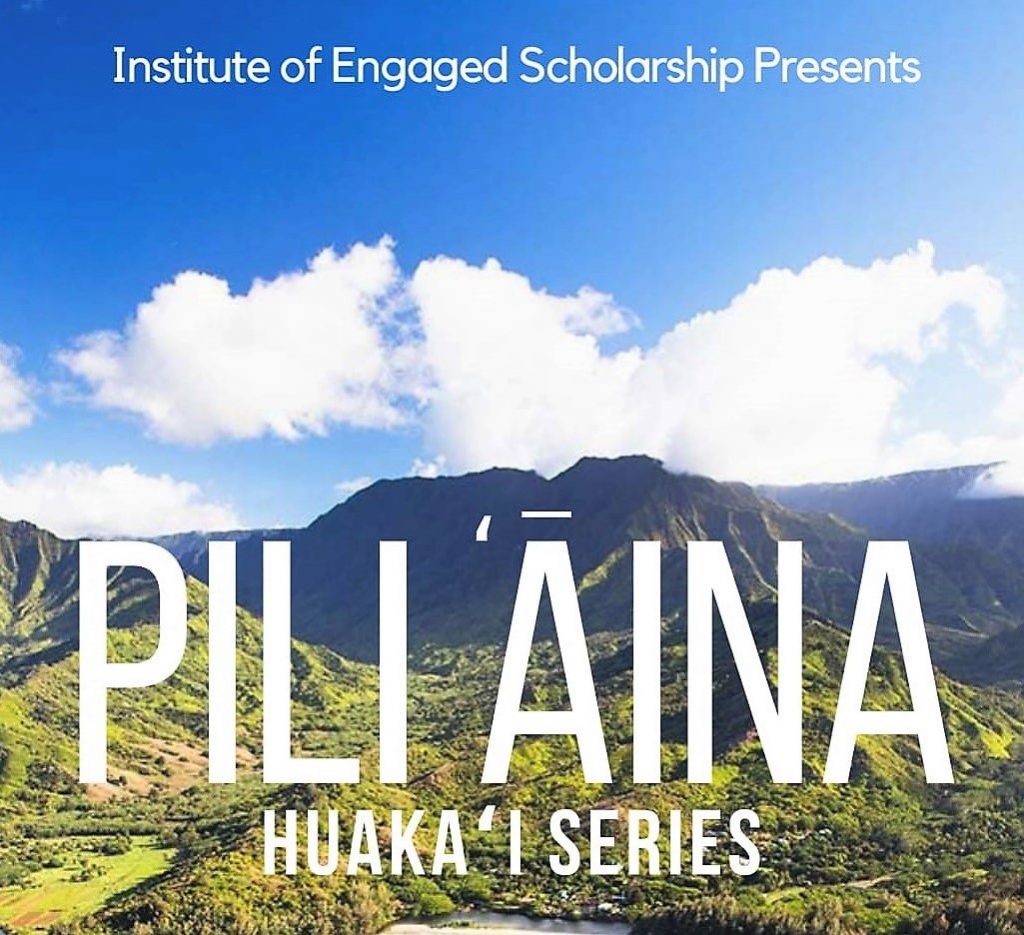
The Pili ʻĀina Huakaʻi Series will offer faculty and staff members a chance to visit three notable cultural sites and speak with cultural practitioners during the 2018 Fall Semester.
The Pili ʻĀina Huakaʻi program offers faculty and staff a way to gain a deeper understanding about wahi-pana (sacred and significant places) and the natural environment of Honouliuli. During the community engagement visits faculty will be provided with the opportunity to collaborate with community members and other faculty on ways to enhance engaged scholarship experiences.
The program also serves as a professional development experience for UH West Oʻahu faculty and staff to provide them with a deeper understanding of the community in which students come from, and engage them to work on solutions to issues these communities are facing.
The visits are scheduled from 12:30 to 4:30 p.m. on the following dates:
- Sept. 28 – Hanakēhau Farm: Located in Waiawa Makai, on the shores Puʻuloa, we are working to restore ʻāina in an area heavily impacted by a long history of military misuse, illegal dumping, and pollution. The mission is to reclaim and to restore Hawaiian lands and provide the means and resources for Hawaiians to engage in traditional practices by creating Hawaiian cultural space. Much of the work focuses on hana noʻeau — creating traditional and modern Hawaiian implements — and using those implements in our daily practice to grow our Hawaiian consciousness and understanding.
- Oct.26 – Mālama Loko Ea: The loko iʻa (fishpond) in Haleʻiwa is a significant cultural site nestled on Oʻahu’s North Shore. Loko Ea is located in the ahupuaʻa of Kawailoa, a land division from mountain to sea, in the moku (land district) of Waialua. The area is traditionally known for its profusion of fresh water springs and flowing streams. Loko Ea is indeed an ancestral place of importance, a significant Wahi Pana to the people of Waialua. The site is associated with ancient deities, cultural practices and historical events. This fishpond once helped to sustain its community by providing aquatic food resources like native fish and seaweed.
- Nov. 16 – Camp Pālehua: Camp Pālehua is perched on the southern slopes of the Waiʻanae mountains. Mauna Kapu (Sacred Mountain) also resides in Honouliuli and is one of the highest ridges in the district. Manau Kapu is also home to the Kāhuli Snail which is an endangered native species. The landowners mission is to use the natural environment to educate children and adults through culture, science and experience to be effective stewards of the land and engaged citizens who will make a difference in the world. Camp Pālehua integrates this vision of conservation and sustainable land use as a central part of our facilities and educational programming.
To register for Pili ‘Āina Huaka’i, please go to https://goo.gl/forms/gKwKggmiNTwArYul2. Participants may be provided readings before each site visit to learn more about the places and some of the issues connected to the sites.
The program is presented by UH West Oʻahu’s Institute of Engaged Scholarship, which supports faculty scholarship that impacts community progress and transformation and provides resources and experiences that provide a positive effect on student success.
